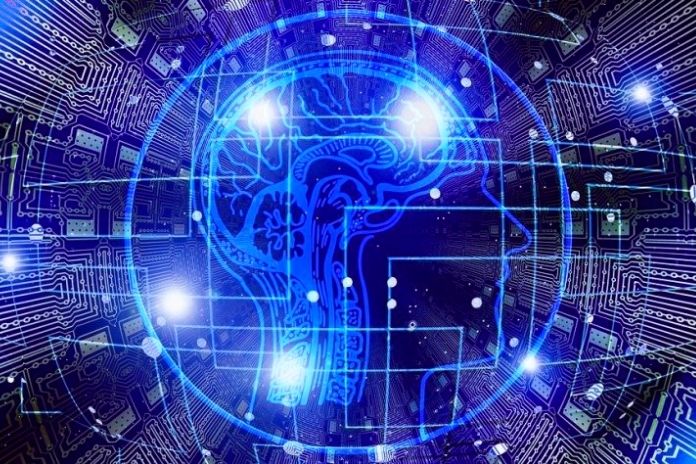Artificial Intelligence (AI) is present in several systems, such as commercial, production, and security systems. In general, technology acts in the processes, generating results that translate into optimizing time, resources, and costs.
In the case of user experience, AI helps, for example, with the personalization of services and recommendations. Another critical point is this technological innovation’s predictability, as long as there is a previous database. This means knowing which products will be the best sellers, the volume of inventory needed, or which items should go on sale in commerce.
Currently, devices are considered innovative, but mainly due to their ability to connect and collect data. These devices work based on the Internet of Things (IoT). Artificial Intelligence can identify patterns in large numerical bases and predict results. Meanwhile, the human brain struggles with this very task.
In short, AI deals with several complex elements. For example, the ability to gather information, make decisions based on predetermined parameters or even identify objects in an image.
Applications In Different Sectors
At first, the advantages brought by Artificial Intelligence are closely linked to the sector in which they are employed. While this technology already accompanies the entire production process in some institutions, in others, it figures significantly in the relationship with the customer. Here are some ways to use AI in different economic sectors.
Agribusiness
In the field, connectivity and IoT are already making overall monitoring easier. And with this data in hand, producers have more foundation to choose the best way forward.
However, to take the next step, it is possible to help this ecosystem with AI adoption. With the information captured, bots with AI skills can help answer complex questions such as
- What is the best planting for the season?
- What are the best areas for this culture?
- What is the best option for pest control in your farming?
With intelligent analysis, it is possible to diagnose signs of diseases in plantations and herds at an early stage. That is, problems are resolved quickly and, thus, losses are reduced – or, at least, controlled.
It is also up to Artificial Intelligence to create seasonal forecast models that help in essential decisions about crops and planting to seek greater efficiency in the field.
Education
Both blended learning and small classes have gained prominence in recent months at all levels of education. Even in higher education and continuing education courses, distance education was already rising even before the pandemic.
However, as the search for this digital learning grows, it is necessary to understand that it goes far beyond a change of classroom environment.
Health
AI can analyze and identify patterns in large volumes of data. Thus, in the healthcare sector, this technology has the potential to optimize essential processes, such as the diagnosis of a disease or the most effective type of treatment.
In addition, innovation is critical within hospital institutions, along with IoT capabilities. Some Intensive Care Units (ICUs), for example, already have an intelligent center to monitor patients in real-time, avoiding unnecessary displacements of professionals.
Due to the benefits of speed and practicality, the pharmaceutical and biotechnology industries are already investing in AI and Big Data resources. An analysis by Frost & Sullivan estimates that AI will be present in all areas of healthcare by 2025.
Sustainability
The climate crisis is a challenge for the most diverse sectors of the economy. To prevent this problem from getting worse, the preservation of the forest is a priority, as much as fighting fires.
Retail
AI is a powerful ally in retail. First, the technology has features that enhance the consumer experience, create personalized environments and recommendations, and act during and after the sale. This is one of the crucial features to create a customer journey that promotes loyalty, even in high digital competitiveness.
Second, by analyzing users’ purchase patterns, AI can act to prevent fraud, reinforcing security in transactions that deviate from the user’s pattern. Along with other protection protocols, AI helps keep company and customer data safe.
Also Read: What Is The Impact Of Artificial Intelligence On Companies?

